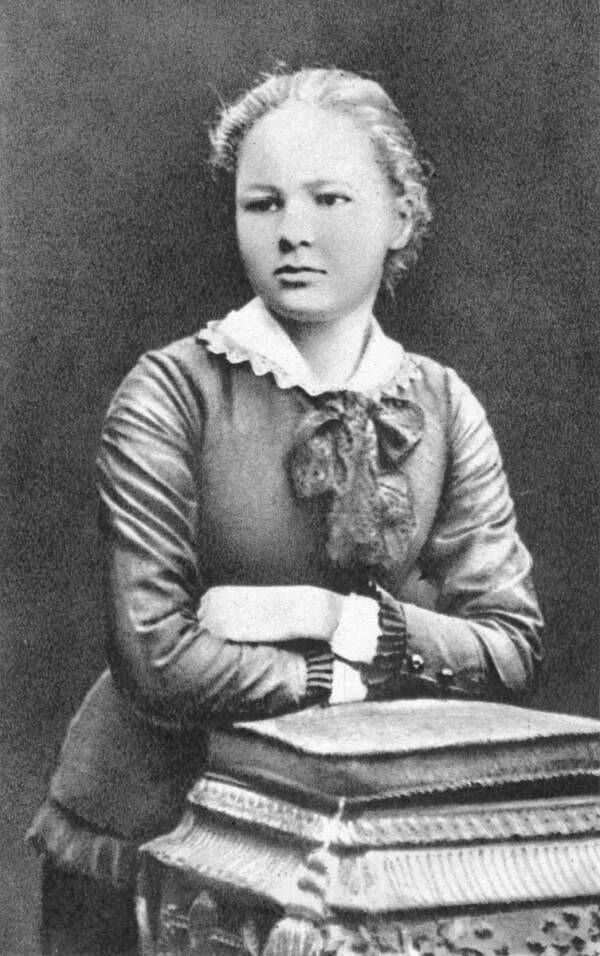EARLY YEARS

Maria Skłodowska was born in Warsaw, in Congress Poland in the Russian Empire, on 7 November 1867. On both the paternal and maternal sides, the family had lost their property and fortunes through patriotic involvements in Polish national uprisings aimed at restoring Poland's independence (the most recent had been the January Uprising of 1863–65). This condemned the subsequent generation, including Maria and her elder siblings, to a difficult struggle to get ahead in life. Maria's paternal grandfather, Józef Skłodowski, had been principal of the Lublin primary school attended by Bolesław Prus, who became a leading figure in Polish literature.
Władysław Skłodowski taught mathematics and physics, subjects that Maria was to pursue, and was also director of two Warsaw gymnasia (secondary schools) for boys. After Russian authorities eliminated laboratory instruction from the Polish schools, he brought much of the laboratory equipment home and instructed his children in its use. Maria's mother Bronisława operated a prestigious Warsaw boarding school for girls; she resigned from the position after Maria was born. She died of tuberculosis in May 1878, when Maria was ten years old. Less than three years earlier, Maria's oldest sibling, Zofia, had died of typhus contracted from a boarder. Maria's father was an atheist; her mother a devout Catholic. The deaths of Maria's mother and sister caused her to give up Catholicism and become agnostic.
When she was ten years old, Maria began attending the boarding school of J. Sikorska; next, she attended a gymnasium for girls, from which she graduated on 12 June 1883 with a gold medal. Unable to enroll in a regular institution of higher education because she was a woman, she and her sister Bronisława became involved with the clandestine Flying University, a Polish patriotic institution of higher learning that admitted women students.